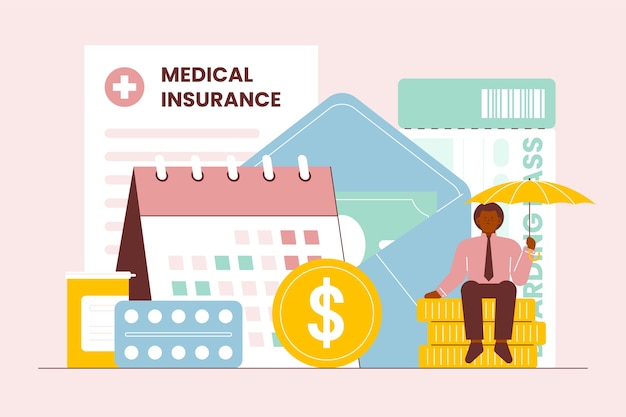
A Yahoo article recently shared some important insights regarding how much of your monthly income you should allocate to your mortgage payments. While mortgage lenders have begun to enforce stricter standards, it remains possible for consumers to find themselves approved for larger home loans than they can comfortably afford.
As a general rule, it is suggested that no more than 28% of your gross monthly income be directed towards housing-related debts, inclusive of taxes and insurance. This spectrum of debts includes home-equity loans, which offer a lump-sum loan against your house, and home-equity lines of credit, by which you can gradually borrow against your house, withdrawing money as needed.
For instance, someone who earns a gross monthly income of $5,000, should ideally not have their housing debts exceed $1,400. However, this guideline comes with a condition: the sum of your monthly debt payments – for your house, credit cards, car and student loans, and so forth – should not surpass 36% of your gross monthly income. Consequently, if 28% of your income goes towards housing debt, you’re left with only 8% for the rest of your debt payments. In a scenario where your monthly earnings are $5,000, this 8% amounts to $400, which many car payments already exceed.
It is important to note that these percentages, often referred to as debt-to-income ratios, represent upper limits rather than recommended amounts. Financial planner June Walbert warns that individuals who dedicate 36% of their income to debt are on the brink of financial instability. Walbert counsels clients to restrict their total debt payments to 20% of pre-tax income, to provide a safety net for unexpected expenses.
You can avoid financial risks by simulating a worst-case scenario before withdrawing any money. For example, home-equity lines of credit frequently have variable interest rates, but banks are mandated to disclose a rate cap in the loan documents. It would be prudent to calculate the payment you would owe if you borrowed up to the limit at the maximum interest rate.


